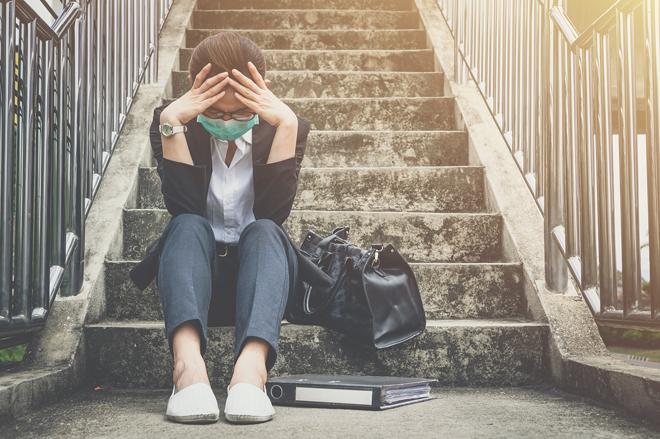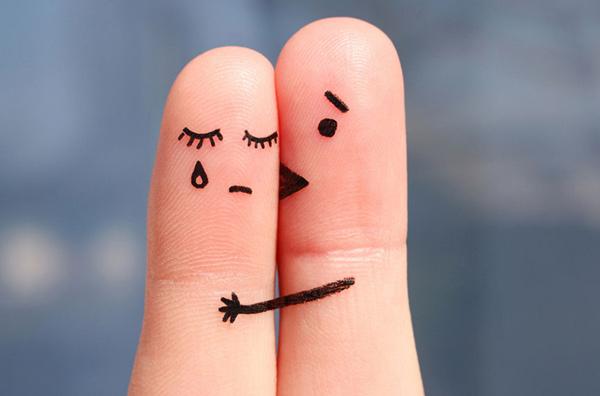You are here
Focusing of mental health of teens due to social isolation
By Mona Choueiry , Family Flavours - Nov 14,2021 - Last updated at Nov 14,2021

Photos courtesy of Family Flavours magazine
By Dr Mona Choueiry
Paediatrician
Depression and anxiety due to social isolation affected an overwhelming number of teenagers during this COVID-19 pandemic.
The lives of teens were disrupted with some having lost family members. Others live in fear for themselves and their family members- and many teens were victims of domestic abuse.
Virtual learning alone has its challenges, leading to poor academic outcomes and low self-esteem.
Anxiety from returning to school remains an issue.
For instance, teens now fear illness, meeting people and have concerns about body image, physical changes and what peers might think about them.
Seeing the signs
and symptoms of:
Depression
• Little interest or pleasure in doing things
• Feeling down, depressed or hopeless
• Insomnia, staying asleep, or sleeping too much
• Feeling tired or having little or no energy
• Poor appetite or overeating
• Feeling bad about themselves, that they may be a failure and letting their family down
• Trouble concentrating on things like watching television
• Being restless and fidgety
• Thoughts of self-harm
Anxiety
• Nervousness
• Fear when away from the parent, scared to be alone, or to sleep alone
• Headache or abdominal pain at school
• Worries about going to school
• Feels like fainting when frightened
• Difficulty breathing or having a choking sensation
• Palpitations, pallor and sweating, dizziness, shakiness when nervous or scared
• Worries that something terrible is going to happen to parents
• Feels shy around people he doesn’t know well, or finds it hard to talk around them
• Worries about being as good as other kids
• Worries about other people not liking her
• When frightened, feels like things are not real
• Gets frightened for no reason at all
• Worries about things not working out for
• Worries about how well she does things
• Worries about things that have already happened
Paediatrician’s role
Common complaints at the paediatrician’s are excessive weight loss or weight gain, headaches, abdominal pain, sleep problems, academic decline, fatigue, heart palpitations chest pain and irritability.
Paediatricians, and family doctors can play a vital role in the detection of depression and anxiety in children and teenagers. Your doctor can initiate medications if indicated and may refer the teen to a psychiatrist. Psychotherapy is an essential part of treatment. Successful depression and anxiety management requires family support and self-care.
Self-care tips
• Getting eight hours’ sleep, going to bed at the same time seven days a week and limiting screen time, especially around bedtime
• Limiting caffeine
• Eating a well-balanced diet, drinking a lot of water and not skipping meals
• Spending time outdoors in nature and sunshine
• Getting exercise: Brisk walking, jogging, biking, weight training five days a week
• Meditating or practising yoga and breathing techniques
• Listening to music at least 20 minutes a day
• Trying aromatherapy (lavender is ideal)
• Cultivating gratitude
• Laughing! Look up laughter yoga classes in Amman
Reprinted with permission from Family Flavours magazine
Related Articles
Many people enjoy music, but did you know that it can be good for your physical, mental and emotional health? It can help improve medical outcomes, decrease stress levels and even increase blood supply to the brain, more than a physical workout or laugh!
By Mariam HakimRelationships and Couples Therapist Depression is an isolating experience that can leave both partners feeling lost and
Women are taught to take care of others before taking care of themselves.














